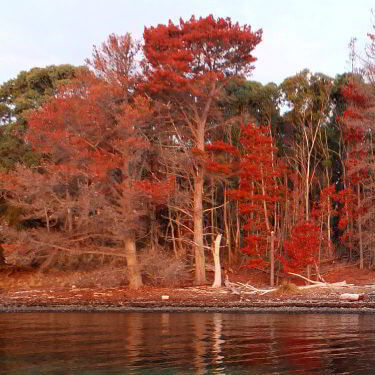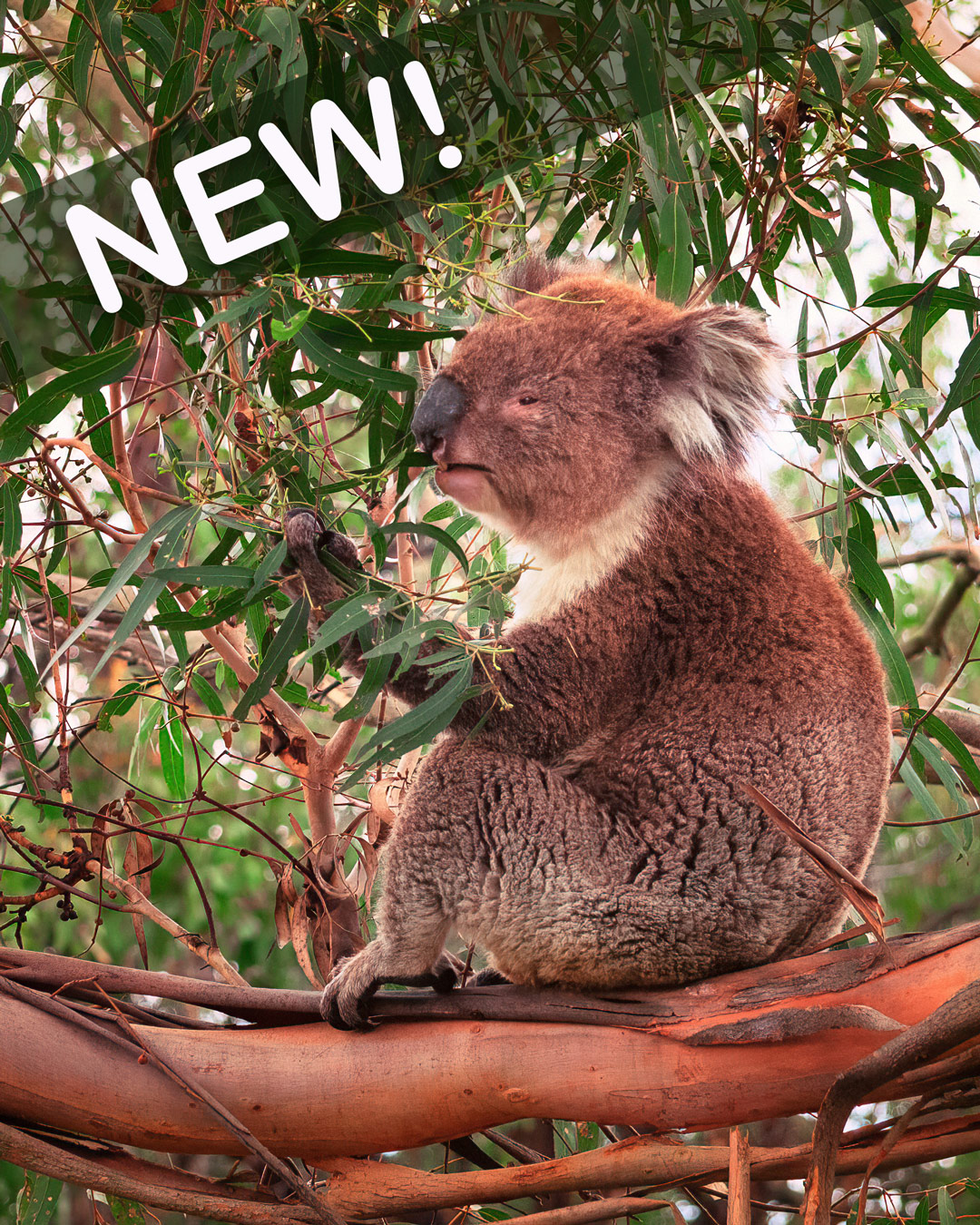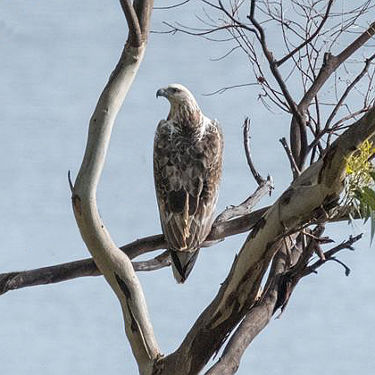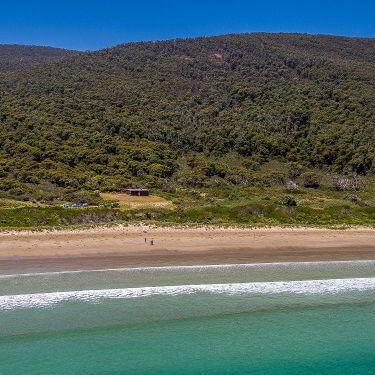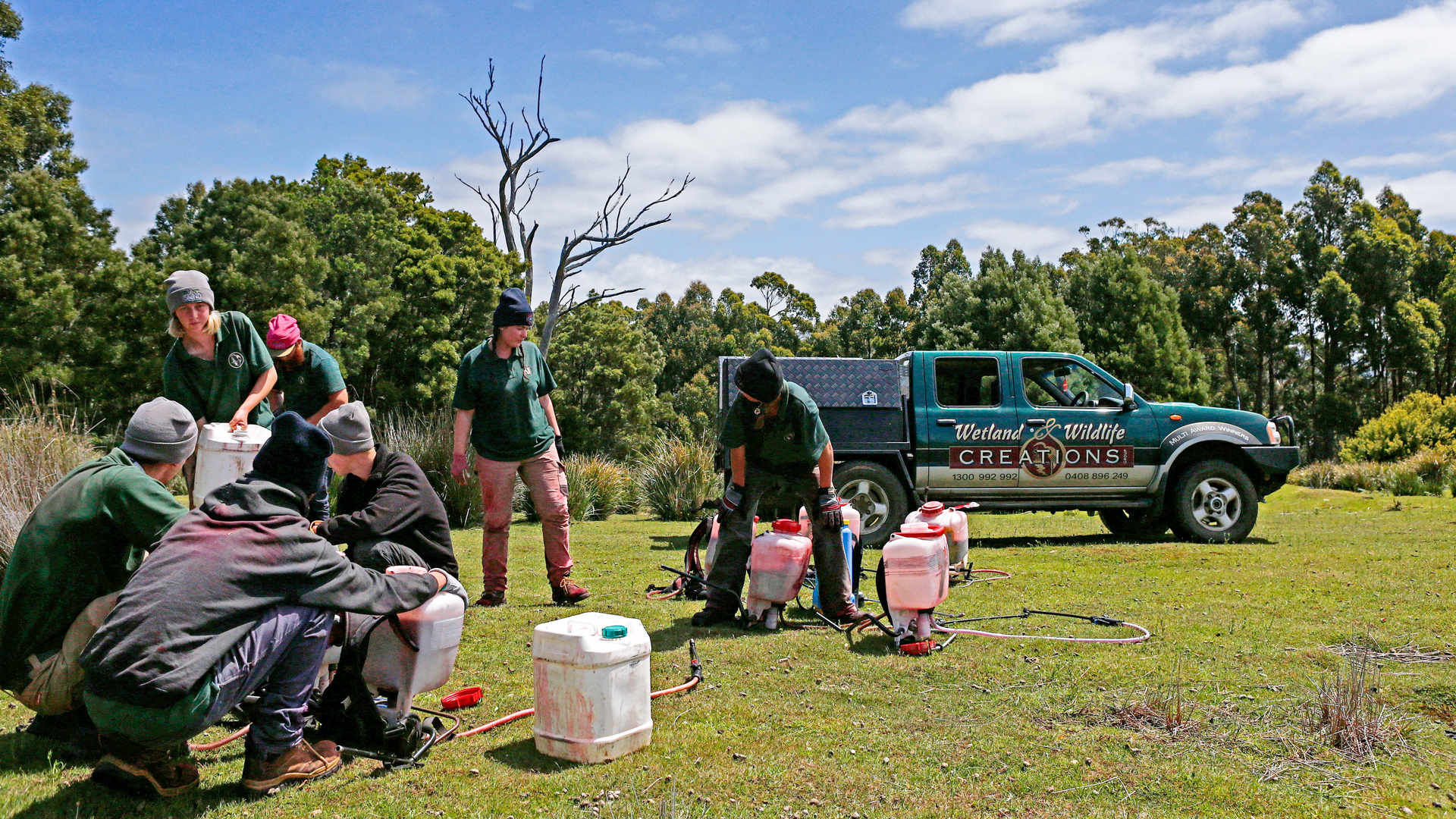
Weed invasion is one of the largest threats against ecosystems all around the world; and unfortunately, BrunyIsland.au is not immune to this threat.
We are not talking about garden plants that have gone out of fashion. We are talking about species that have a severe impact on our natural ecosystem which are recognised by conservationists and government agencies alike, as priorities for eradication.
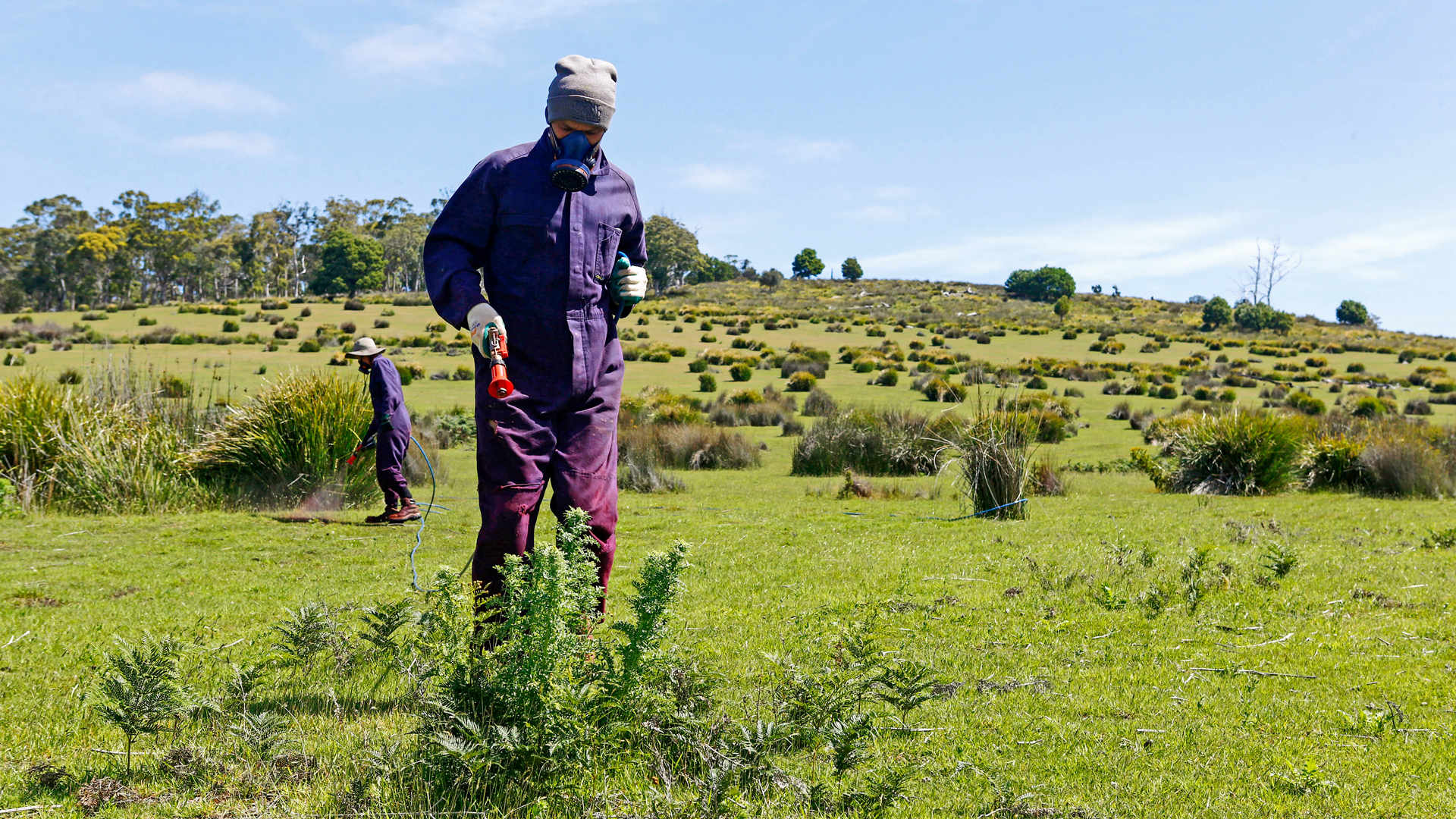
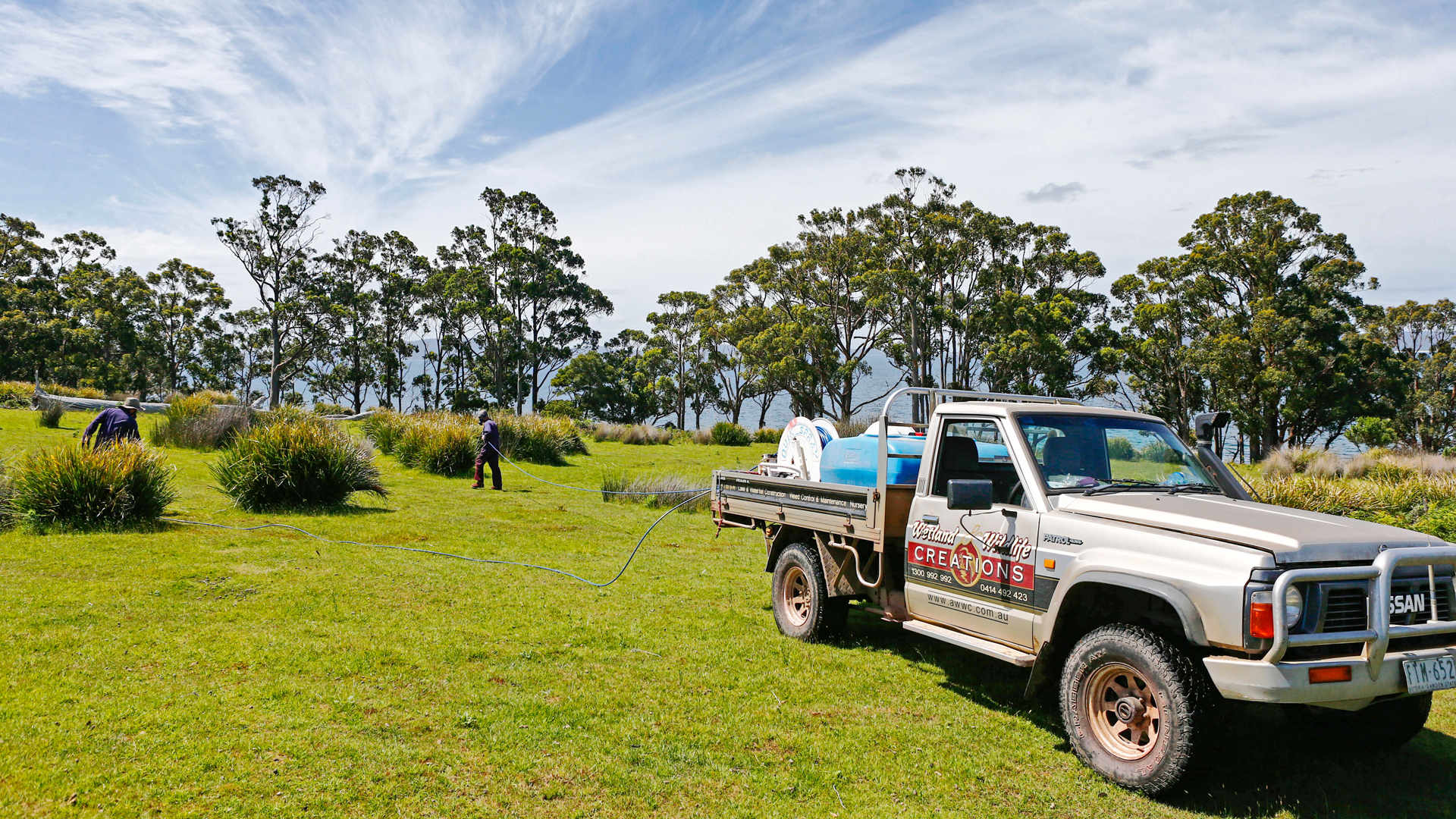
Such weeds can impact entire ecosystems in a variety of ways—sometimes their effects are obvious and direct—other times, they're dangerously subtle and easily missed. For instance, everyone has walked through a Pine Tree forest and noticed that not even grass grows underneath. The Pine Trees soak up all the water with their shallow root systems, while their foliage soaks up all the sunlight; essentially creating a monoculture devoid of biodiversity. While not as well-known, is that the invasive shrub Spanish Heath (a species being managed at BrunyIsland.au) outcompetes native bushland in the same way. The seedlings of native plants such as White Gums will fail to germinate, and over time, as the White Gum forest declines, vital habitat for the endangered Forty-spotted pardalote and Swift parrot is also lost.
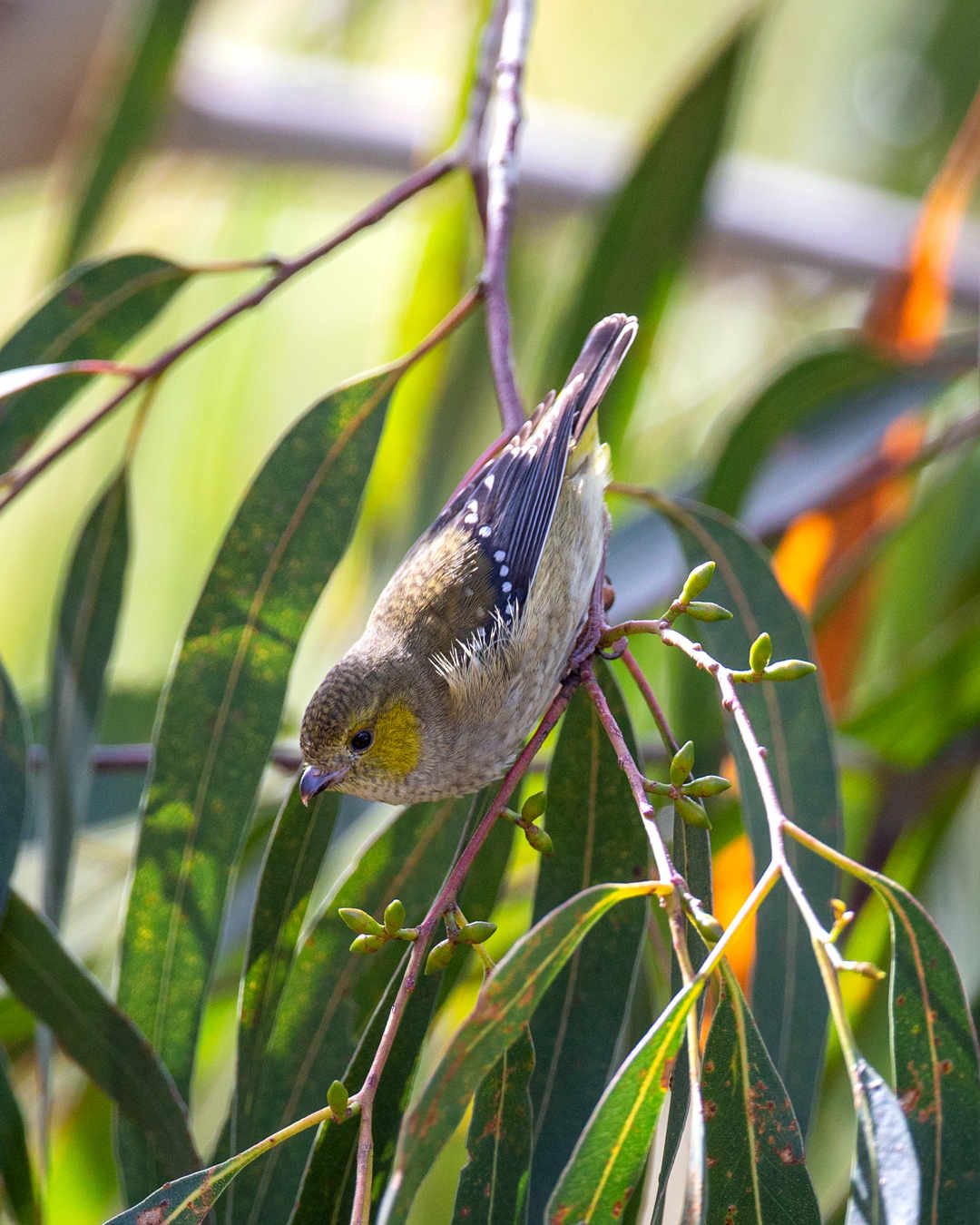
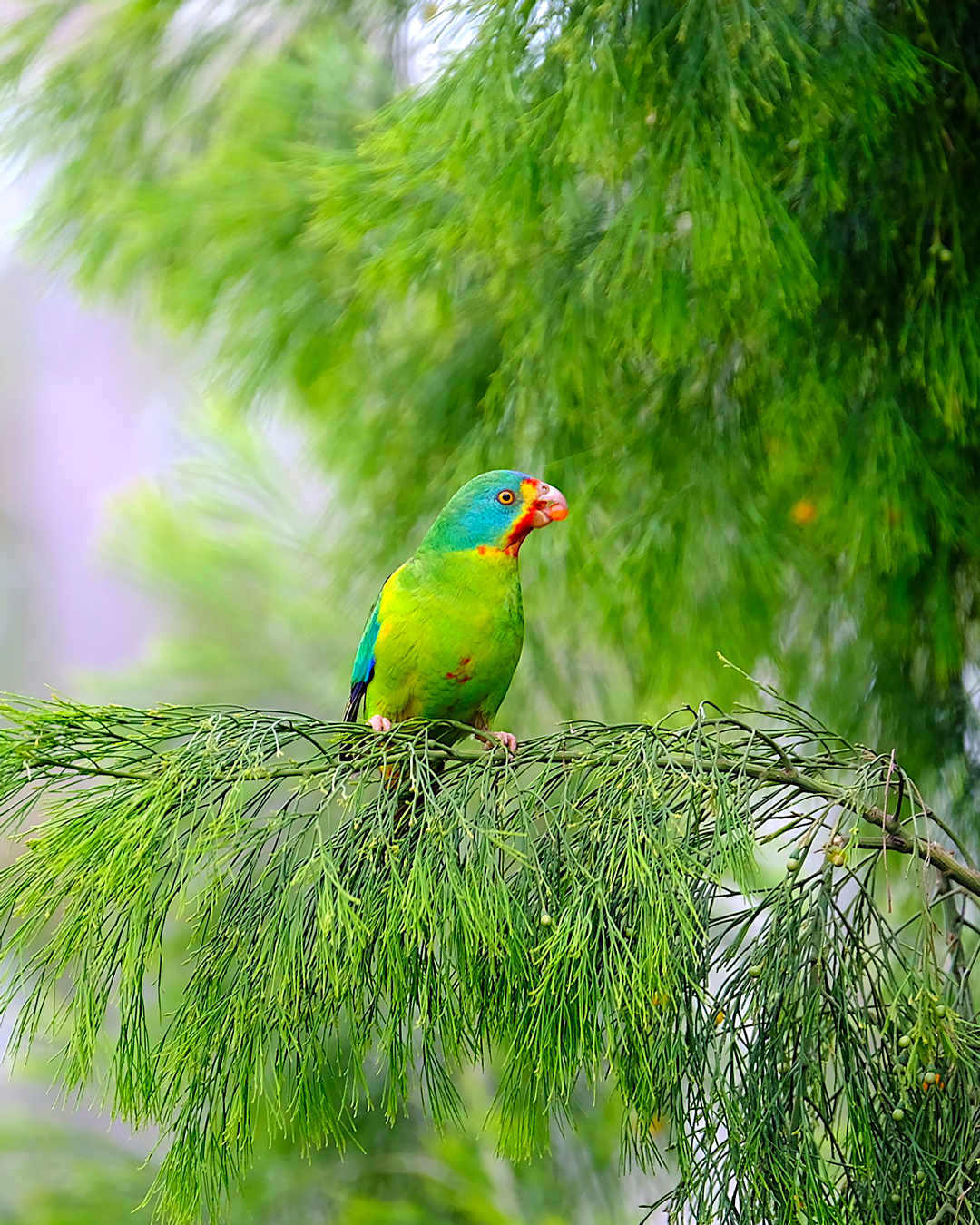
As intimated, sometimes the damage is harder to see; at least at first, anyway. Take Spear Thistle and Ragwort for example. Windblown seeds land in between the long-lived plants and take up any available space. They then compete with adjacent plants for water and nutrients, and over time, they push the vulnerable indigenous species out. But what is not so obvious, is that those spaces between the established plants are where the annual lilies, herbs and orchids grew. These less robust plants are quickly overrun, and entire populations crash at a rapid rate—and as the floral diversity decreases—so too does the variety and availability of food for wildlife. Unless you are an ecologist, you still may not notice anything too different—but you will surely notice when species you grew up with are no longer around!
That is why BrunyIsland.au is dedicated to preserving all of its native flora and fauna by doing everything we can to eliminate weeds from the otherwise pristine bushland and coastal environments we manage—and with the help of local contractors and the assistance of professional ecologists, such as Daniel Brindley—we surely will!
Environmental Restorations
(Wetland & Wildlife Creations)
http://www.awwc.com.au
Related Journals
Pine Control Project
In late 2013, BrunyIsland.au undertook a massive and rather unique weed eradication project. Our aim was to control the radiata pine infestation which was threatening to overrun the native bushland at our 900 acre 'Bruny Island Lodge' property on South Bruny.
More Bruny Island Journal
Introducing—Our Amazing 'Mornington Peninsula' Escape
Nestled in one of Australia's most popular National Parks and surrounded by its 4,400 acres of native forest, resides a mainland nature escape like no other.
The Solitude of birds
Perhaps it is something about the island that makes us like birds, both happy in our solitude and eager for a chat.
Bruny Island AU Retreats & COVID-19
We care deeply about our guests, community and employees. The COVID-19 pandemic affects all of us and we need to consider our actions & interactions in this ever-changing situation.
I have a room to myself and it is nature *
From the ramblings of a meandering mind, today I am wondering if the appreciation of nature is an intrinsic part of our soul or is something that we choose to acknowledge.
* Henry David Thoreau
